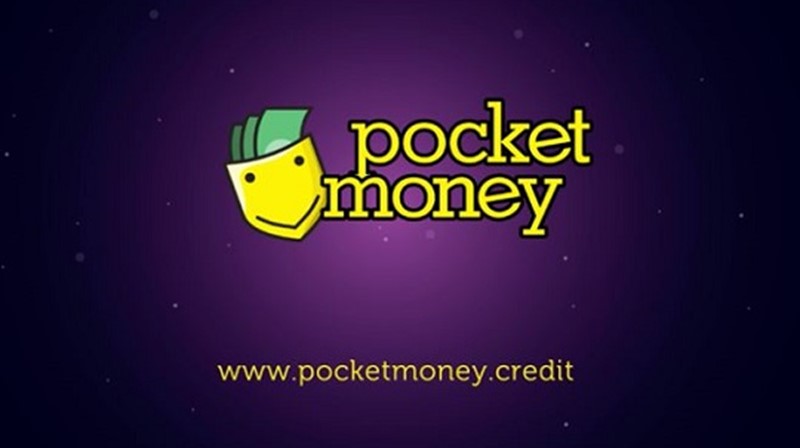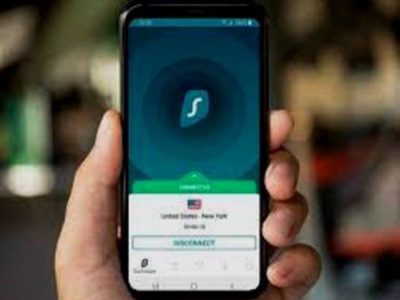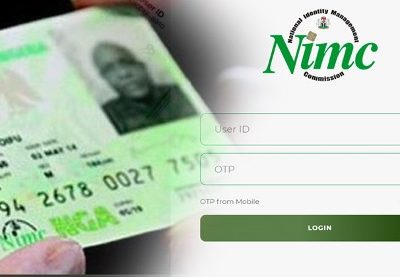Over the past few years, there has been a proliferation of new fintech models, offering alternative financial solutions to the conventional set-ups, more so in the lending sub-sector in Africa. New horizons in the African financial industry are evident with new trends gaining strong traction especially through peer-to-peer (P2P) models-allowing such distinct niches as consumers, SMEs and other borrowers who were hitherto ignored by conventional lenders to access loans more efficiently and expeditiously via digital lending technology.
Be that as it may, financial pundits lament that credit extension in Africa lags behind other regions, noting that while the ratio of credit is only 18 percent in Sub-Saharan Africa, comparable figures in South Asia and Latin America are 37 percent and 47 percent respectively.
However, hope is in the air though, with Pocket Money, a digital lending marketplace, determined to transform the financial fortunes of borrowers in Africa by pioneering a ‘cyclic’ lending system that will provide a breath of fresh air even to potential borrowers who had previously been ‘rejected’ by lenders within Pocket Money’s ecosystem.
To address this challenge, Pocket Money has come up with a marketplace that offers a multi-layered solution that ensures that the borrower is introduced to various potential lenders, offering more alternatives that provide the likelihood of a borrower to finally access the loan in the long run.
For instance, more often than not, a borrower may approach a lender for a microloan in cash, but the application, for one reason or another, is rejected, leaving the borrower with very few, or no options at all. The dilemma for the borrower becomes a nightmare especially if he’s a traveler in some regions of the world where access to an online lender is either limited or non-existent-a dire situation that means the end of the road for the borrower.
It is such a predicament that Pocket Money, which is now committed to officially stamp its footprint in Africa, is set to inhibit by developing a global marketplace in which the rejected loan applications are circulated and resubmitted to licensed lenders all over the world with a view to providing them with another chance of accessing the loan. Pocket Money’s ultimate aim is to make this technology available to everyone so that the echo of financial inclusion can resonate in every corner of the world, irrespective of geographic location. By doing so, it has created a marketplace for financial services that brings together financial service providers, customers, and investors into a single global stage.
According to CEO and Co-Founder of Pocket Money, Stefano Virgili, the new marketplace seeks to expand Africa’s financial ecosystem to have a real impact on financial inclusion on the continent.
“Through this unique system that links an array of potential lenders to borrowers, we are able to create a larger pool of clients who will in essence provide revenue sharing with lending businesses located across the world while the borrowers can connect with lenders around the world, breaking the barriers that prevented them from borrowing money from a competitive global marketplace”, says Stefano.
“Conversely”, adds, Stefano, “tech partners can connect to Pocket Money network and develop apps to integrate with fintech solutions while investors can participate in the Pocket Money fundraising as well as the backing of new loans”.
Stefano laments the challenges faced by borrowers in Africa including not having a credit history, therefore, rendering credit scoring almost impossible, loan application rejection partly due to the above or other criteria deficiencies, interests on loans that are prohibitively high, not having enough funds to repay loans, and not being able to borrow from someone abroad, while some lenders face the challenge of running out of cash to service borrowers.
“Pocket Money, therefore, offers solutions to these challenges by innovatively using technology, expanding the financial marketplace and strategic social engagement that reduces the risk of default. These solutions include creating a unique socially enabled Pocket Money Credit Profile that addresses the challenges of credit scoring which is a common criterion used to access borrowers’ repayment risk”, he adds.
Through the new technology, a borrower’s application is circulated through other lenders globally to increase the likelihood of getting a loan. The system ensures that the lender who wins the bid is the one offering the lowest interest, enabling borrowers to have access to competitive repayment rates.
The system, a new fintech technological phenomenon in Africa, is destined to be sweet music to borrowers in Africa for it will significantly attract and increase more aspiring borrowers, thus fostering financial inclusion on the continent.
Suffice it to say, Pocket Money is the easiest way to gain access to credit when rejected by a lender. However, lenders may also face the challenges that include risky borrowers’ profile which might expose financial service providers to uncertainty, unavailability of borrowers in certain markets and the risk posed by manual processes which might have an impact on time and quality of records.
These risks are nevertheless, mitigated by Pocket Money Credit Profile that provides hundreds of data points that give lenders a better risk analysis assessment. Through the marketplace too, lenders can bid on rejected applications anywhere in the world, ensuring there is no scarcity of potential borrowers.
Stefano explains that the Pocket Money ecosystem encompasses a strategic social engagement platform that enables participation with friends and families in surveys and micro tasks to earn loan credits that are particularly beneficial to cooperatives and groups like savings and credit societies as well as informal saving groups at places of work or among friends.
“Further, forex exchange rates in real-time used in this marketplace also facilitate a multi-currency wallet that allows sending money around the world in local currencies. This tool does not only service borrowers and lenders but also serves remittance payments in emerging economies”, says Stefano “in fact, it protects lenders by settling all the B2B transactions in USD.”
He adds that the marketplace is a multi-faceted platform that incorporates simple and intuitive lender dashboard developed by Pocket Money allowing for efficiency in saving processing time and ease of access to borrowers wherever they may be.
The marketplace also supports licensed lenders to ensure their sustainability by supporting some of their cash flow and liquidity challenges through loans made directly to borrowers, provision of third-party lenders and borrowers who use Pocket Money tools and borrowing money at low-interest rates and lending out at slightly higher rates for the service provided.
With Pocket Money, borrowers with high default risks are supported in paying back loans through social repay.
Depending on the country’s availability, Pocket Money users, whether they have borrowed or not, might receive micro-tasks, such as verifying that a billboard contains the poster that the advertiser has paid for, answering a survey, etc.
Such micro-tasks are paid for by brands through existing third-party apps. Each app might reward in a different digital currency, like Smiles for example. The currency can then be used in Pocket Money wallet to purchase USD vouchers that can be gifted to borrowers (i.e. family and friends) or purchased to offset your own loan.
All in All, Pocket Money not only benefits lenders, borrowers and investors; it also helps borrowers to pay back their loans through the use of innovative interoperability payment systems.
The marketplace uses today’s technology in a way that allows individual components of the financial services ecosystem to be open and connected to each other in such a way that was not possible before, creating solutions that are greater than the sum of the individual parts.
Partner lenders such as banks, financial services providers, telecommunication companies and governments who can act as underwriters for loan services will have an opportunity to operate in this marketplace with the advantage of having a larger market of customers locally, regionally and internationally.
Currently domiciled in Singapore, Pocket Money is now set on establishing its footprints in Africa, trailblazing what is destined to be a unique credit-lending marketplace that will undoubtedly transform the continent’s lending sub-sector.































